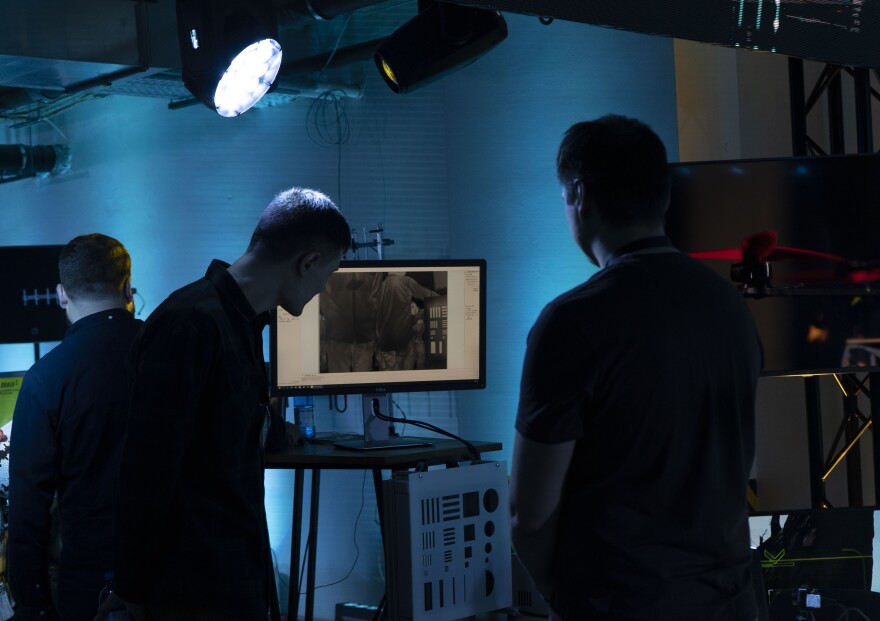Ukraine is expanding its co-called drone army and has 10,000 trained pilots standing by to fly them. The BBC's Joe Tidy saw for himself and .
This kind of innovation both on and off the battlefield is helping Ukraine stave off Russia. According to former Google CEO Eric Schmidt, who , in the last year Ukraine has:
- Uploaded all its critical data to the cloud to safeguard and keep the country functioning.
- Repurposed its e-government mobile app, Diia, for open-source intelligence collection so citizens can upload photos and videos of enemy military units.
- Stayed connected with Starlink satellites provided by SpaceX. (Although transmission is now limited.)
- Acquired its own drones specifically designed to intercept Russian attacks.
Schmidt says the success is largely due to the resolve of the Ukrainian people but also to what he calls innovation power — "the ability to invent, adopt and adapt new technologies."
RELATED: Ukrainian family finds new home in Cleveland with help of a West Chester man
Countries around the world are watching Ukraine's innovation and assessing their own innovation power. at the Council on Foreign Relations.
"I think it's very possible for states to have moments where they're doing that very well and moments where they are not doing it as well," Kahn says. "It varies for technology. I've written a little bit about in the past, how the United States is trying to do this for artificial intelligence but it's having some of those hiccups in respect to the organizational and bureaucratic kind of hurdles needed to kind of leverage these technologies to its fullest capacity."

When it comes to AI-based surveillance, many experts agree China is the leader. Kahn says facial recognition and data collection are already happening and vary from country to country. She says AI-based data collection is going to be a big piece of the surveillance puzzle, though privacy concerns could affect a country's willingness to collect massive amounts of data.
"I think that's a little bit of a worry where the U.S. might fall behind," Kahn says. "But I always like to emphasize that ensuring that data is collected securely and safely and in an efficient and responsible way is in the best interest of creating good systems, right?"
Some worry China and Russia could be able to collect data on individual Americans, like where the live, their shopping habits and their DNA. Kahn says the U.S. is thinking about all of this and the term now being used when it comes to AI is "responsible speed."
"It's about the need to recognize that you have to pay due attention to how to test, how to verify, how to make sure that these systems are in line with ethics and responsibility and make sure that the individuals know how to use them," she says.
RELATED: TSA is installing facial recognition machines at CVG
Kahn expects to see big shifts in the next two to three years, but what that looks like depends largely on the geopolitical situation rather than the technology situation.




